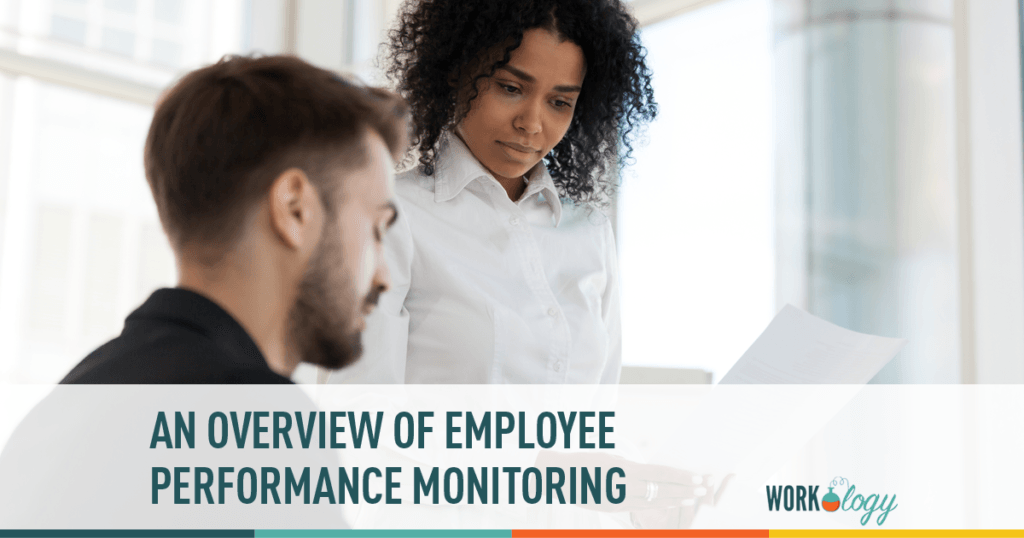Employees become anxious when they believe their boss is constantly watching them. Therefore, actively monitoring an employee’s Internet use can breed resentment and raise difficult moral and legal issues.
Employers are allowed to monitor their own equipment to track employee performance or detect inappropriate behavior. But there are right and wrong ways to go about monitoring employees. Read on to learn more.
An Overview of Employee Performance Monitoring
If you plan to monitor employees, you should explain that clearly in your company handbook. Provide details about how equipment may be monitored, as well as who is authorized to monitor activity, and have employees sign an acknowledgment of the policy.
Declare your respect for individual privacy as well. If you discover a worker using his company laptop to gamble online all day, you should keep that information private to prevent any legal pitfalls.
If an employee ever decides to take you to court for violating his rights, having a clear policy about what is and is not acceptable use of company property puts the burden of proof on him.
Industry-specific concerns
Some monitoring activities could actually help workers, so if that’s the case in your industry, point that out. For example, in the trucking industry, electronic driver logs help employers keep tabs on drivers, but primarily for safety reasons. Employers can track logs to determine whether a driver is trying to cover too many miles, or isn’t getting adequate rest in between jobs. In that respect, this type of tracking isn’t too dissimilar from a standard punch-clock.
Setting boundaries
Monitoring productivity is acceptable, but checking a worker’s social media to see if she’s talking about you is inappropriate.
Employers are not allowed to retaliate against employees for any criticism they may post about working conditions or pay on social media, according to the National Labor Relations Board. Therefore, there is nothing you can do about it even if you do discover that an employee posts about her dislike of her job 90% of the time in her status updates. So why bother looking?
The need for objectivity
One of the best ways to avoid uncomfortably awkward scenarios is to have employee monitoring software – not a person – track their activity. Software can capture the information you need – such as the amount of time spent surfing the Internet – without getting too personal. You can also block distracting and/or inappropriate websites, before employees visit them.
Blurred lines
Keep in mind that even if workers are spending time on Facebook or Twitter during the day, they could very well be doing so for networking purposes that may ultimately benefit your business. So think about what kind of Internet activity really constitutes goofing off. And be understanding of the fact that not all employees work the same way. Whereas one person may need plenty of breaks to be productive throughout the day, another person may prefer to keep to himself, quietly plugging away at tasks.
Before you bring the hammer down on someone for loafing around on company time, look at overall productivity to determine whether that activity is even affecting output.









